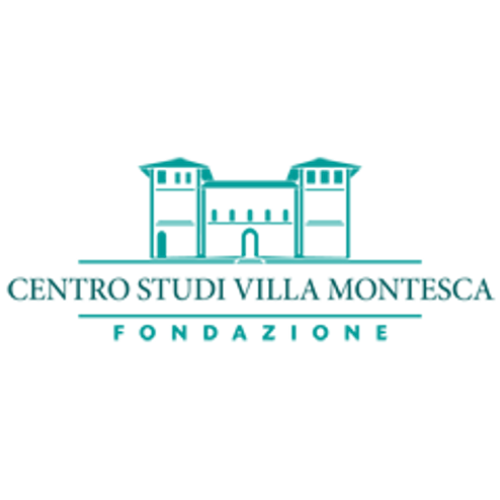
Overview
- Location
- Italy
- Website
Description
The “Hallgarten-Franchetti Centro Studi Villa Montesca” foundation, also called “Fondazione Villa Montesca” and “Fondazione Centro Studi Villa Montesca” carries on the tradition of the Centro Studi e Formazione Villa Montesca founded in 2001 at Villa Montesca where in 1909 Maria Montessori organized a seminar that gave birth to the first publication of the scientific pedagogic method universally known as the ‘Montessori Method’.
Continuing the tradition of Alice Hallgarten and Leopoldo Franchetti in the fields of innovative teaching methods and social work the Foundation aims at developing and enhancing the activities of Villa Montesca, also by promoting the cultural heritage and scientific legacy of Baron and Baroness Franchetti particularly in science education and other cultural experiences carried out in Europe, given the importance of the legacy of the rural schools of Montesca and Rovigliano.
The Foundation is nowadays internationally renowned for top quality research and training in teacher training, information technology and communication, education for European integration and regional cooperation in the field of education and culture at local, regional and European level.
The Foundation has a vast experience in managing interdisciplinary project teams composed of researchers from universities and other educational organisations. It has an important role at regional, national and European level in the development and promotion of lifelong learning as a tool for improving and strengthening social and work opportunities following the main recommendations of the EU Commission “It is never too late to learn” and “It is always a good time to learn“. The aim of our activities is to help establish an efficient educational system which can help to overcome the barriers to education/training, speed up the recognition of learning outcomes achieved in formal, informal and non-formal approaches in order to encourage active participation in the learning process also by those people who, owing to marginalization, may be excluded from it.